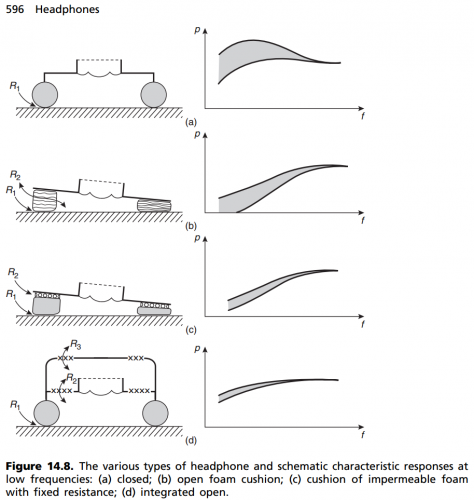... And is there a medical certification/test for that sensitivity?A DAC is not a DAC. There are definitely subtle differences between DACs. It all depends on how trained and sensitive your ears are.
Absolutely, there is. First, at a broad level, and medically certified, are frequency response tests that audiologists can give. These test can be quite thorough in determining one's ability to hear and distinguish various frequencies. Once ability to hear or distinguish frequencies can certainly affect one's option on a DAC, or any other piece of audio reproduction equipment.
As for training, there are many ear training regimes, classes, and tests one can utilize to train one's ability to distinguish many aspects of music, and musical reproduction. There is a good summary of types of recognition one can train for at Wikipedia. Are there medical certifications for ear training? I'm not sure. There are validated tests that one can take to determine one's ability to distinguish pitch, interval, key, and others. Many well respected universities have music programs that include tests to identify various aspects of music theory.
I think it's pretty well accepted, even among objectivists like me, that individuals hear differently, and that ear training (listening training) is valid. I think it's also well accepted that not every DAC sounds the same. There are measurable differences in FR, distortion, and clock accuracy, and probably other things that I don't understand that can have an affect on sound reproduction, especially to someone with sensitive enough and trained ears.















![20170926_002750[1].jpg](https://cdn.head-fi.org/a/10005832_thumb.jpg)













